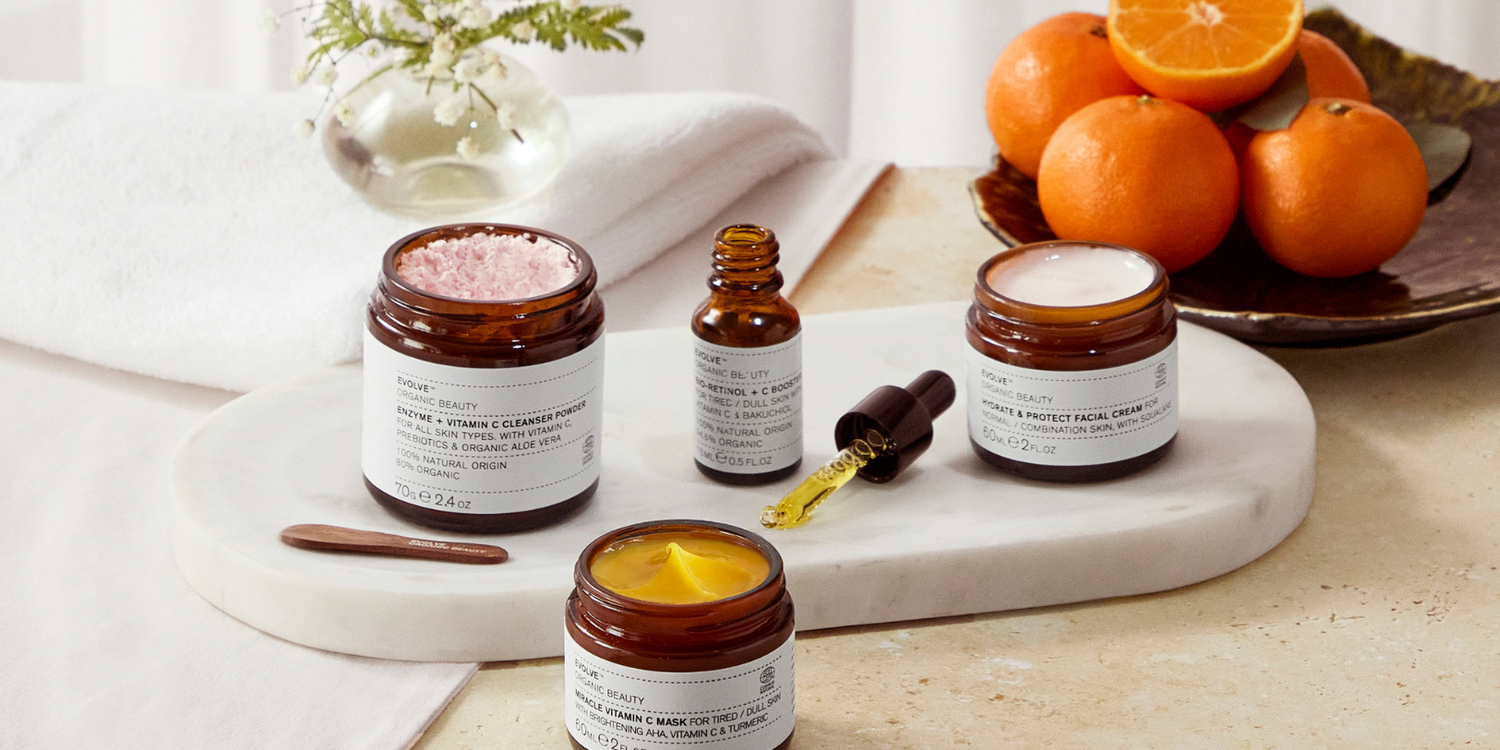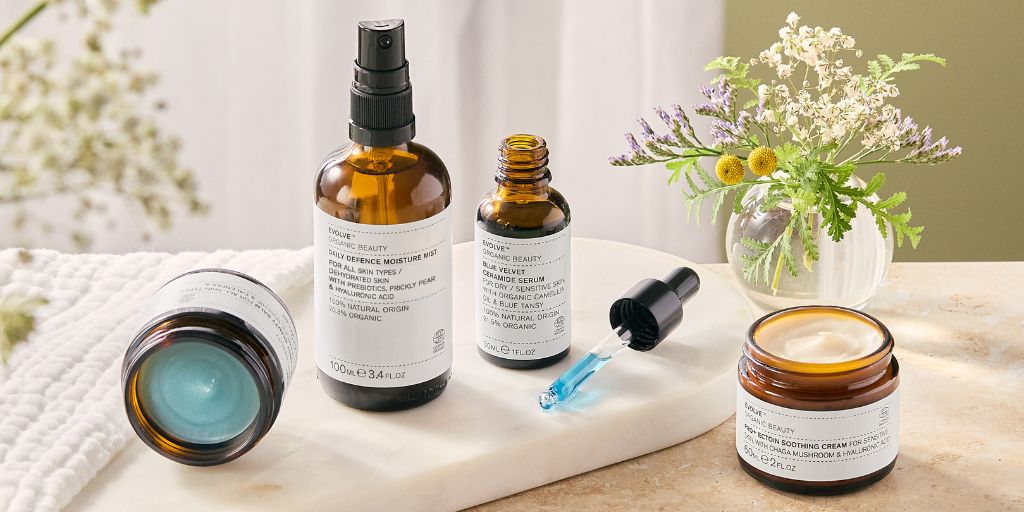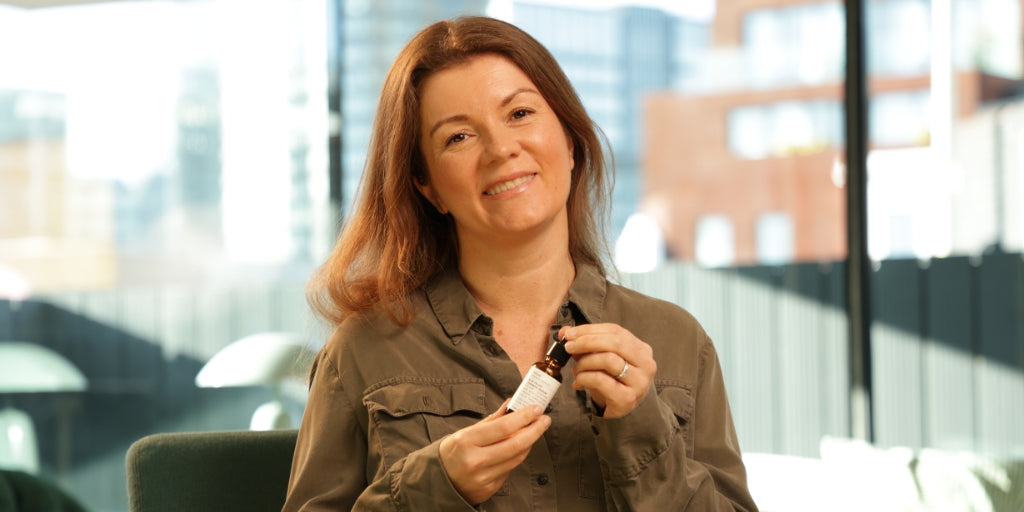Paraben: the word has become pretty much synonymous with nastiness in cosmetics, yet few people know what it is that they’re trying to avoid. Parabens are a type of preservative, and aren’t limited to just skincare - they’re found in food too, as E numbers. While the drive to avoid E numbers has been around a while, parabens in skin and haircare have been flying under the radar with the general public until quite recently, but now that’s all starting to change.
Introducing Our Free Downloadable At Home Wellness Toolkit
During times of anxiety and stress it is more important than ever to pay attention to both your mind and your body to maximise your wellness.
That is why we have put together our Free, 50-page Downloadable At Home Wellness Toolkit for you to take a look through, and find something that can help you relax and truly care for yourself. All you have to do is fill in the form below and the guide will be emailed to you! We made the guide with the intention of including something for everyone, so we hope that you find a section in there that helps you relax and destress in these trying times.
So - why are people concerned about the effects of parabens? They have a tendency to sink into skin wherever they’re used, and mimic the effects of oestrogen once in our bodies. Oestrogen is naturally occuring, and one of its key properties is that it encourages cell division. In the correct quantities, this is no bad thing - we need cells to replicate in order to replace damaged or old cells: in skin, this leads to glowing, healthy looking skin. However, an excess of oestrogen is also linked to breast cancer - it’s the reason women on the combined contraceptive pill are told that there is a small increase in the risk of developing the disease. It’s a tiny percentage increase, but it is there. Parabens, on the other hand, haven’t been conclusively found to increase the risk. All we know is that they mimic oestrogen once in our bodies.
The first issue with parabens is that products containing them don’t make the possible link explicit, and so don’t give people a chance to decide for themselves whether or not it’s the best path. The second is that people tend to stop taking the pill before they’re pregnant, lowering oestrogen levels back to normal before the foetus begins to grow. There’s no such certainty with parabens - whilst more and more women are researching pregnancy-friendly products, many more don’t consider the effects of skincare on their pregnancy, especially when they’re being bombarded with opposing information from all sides about what to do and what not to do! The last problem with parabens is that they don’t bring significant benefits to the customer: sure, they make the product last longer on your shelf, but if you’re buying consciously only what you need, you’re likely to use it up long before storage becomes an issue anyway. Though the link to cancer is at this point only theoretical, why take that risk? Unlike with hormonal contraceptives, parabens don’t offer all that much in return for the user, and it’s relatively easy to find alternatives.

It’s important to remember that just because a product markets itself as ‘paraben free’ doesn’t mean it’s necessarily free from harmful ingredients. Parabens are used as a preservative because they’re relatively cheap to produce, and stop products expiring so quickly, so they can be made in larger batches and shipped out. The rise in concern about them means that more customers are looking for paraben-free ingredient lists, but oftentimes they’re quietly replaced with a different synthetic preservative which could be equally damaging, whilst still boasting their paraben-free status.
Leave-on products tend to be the most harmful, as they allow the ingredients to sink into your skin and cross into other areas of the body. Obviously, this is beneficial in a lot of cases - you wouldn’t want to wash off all the fantastic ingredients that help your skin! - but it does mean that choosing a paraben-free moisturiser is a great place to start if you’re looking to reduce your exposure to them.
Why not choose one with a whole host of natural active ingredients that will nourish your skin along the way? If you’re concerned it’ll be hard to find one that matches your skincare concerns, read on…

If your skin is normal, or normal to dry, then look for something hydrating whilst soothing. The long winter months tend to deprive our skin of moisture, so reach for our Daily Renew Natural Face Cream. The hyaluronic acid works to keep your skin bouncy and supple, whilst delivering an impressive dose of moisture that will stay throughout the day - no reapplication needed! Meanwhile, the argan oil’s vitamin E content makes skin glow, and protects from damage throughout the day.

Meanwhile, if your skin is full on dry, you’ll need something with a little more of a hydration kick. Our Multi Peptide 360 Moisture Cream is just the ticket: it’s packed full of wonderful ingredients that help to look after the skin, but key amongst them are the three moisturising ones. Coconut peptides smooth the skin, whilst firming and preventing wrinkles. Cupuacu butter nourishes skin due to its phytosterols, which maintain the skin barrier and stop hydration escaping. Lastly, cacay oil contains bio retinol and linoleic acid, which support the skin barrier and lock moisture into the skin, for long-lasting hydration.

If you have oily or combination skin, you might dread finding a moisturiser most of all, but have no fear! Our newest launch, the True Balance Lotion, works to balance skin whilst hydrating. Ginger plant cells simultaneously mattify and moisturise, while the moringa peptides and avocado extract work to rebalance your natural oil production. A healthy dose of lower molecular weight hyaluronic acid means that it penetrates the skin more deeply, leaving you hydrated without the excess oil!
All three options are paraben-free, and made by hand in our studio in Hertfordshire, England.





